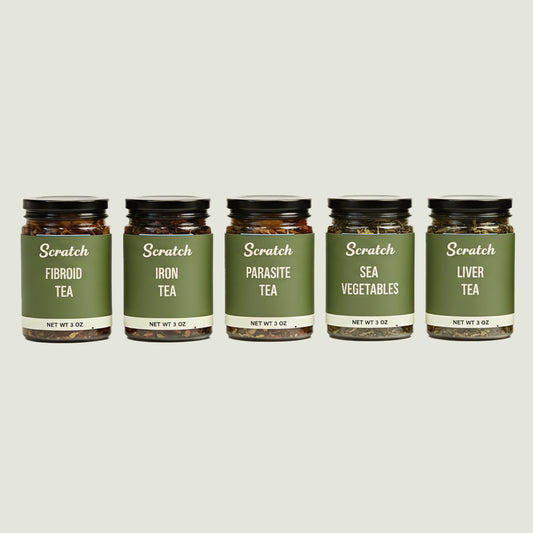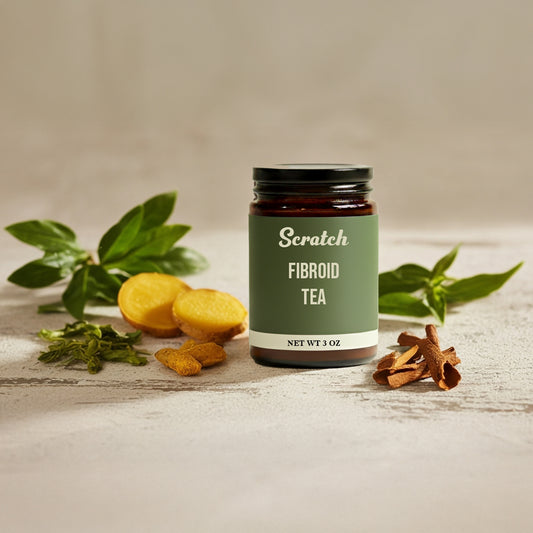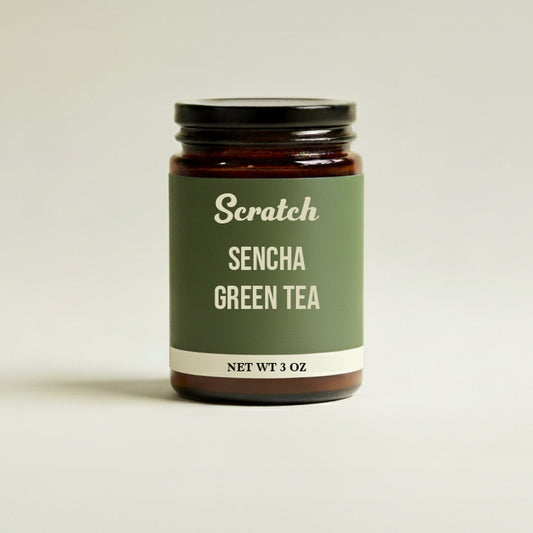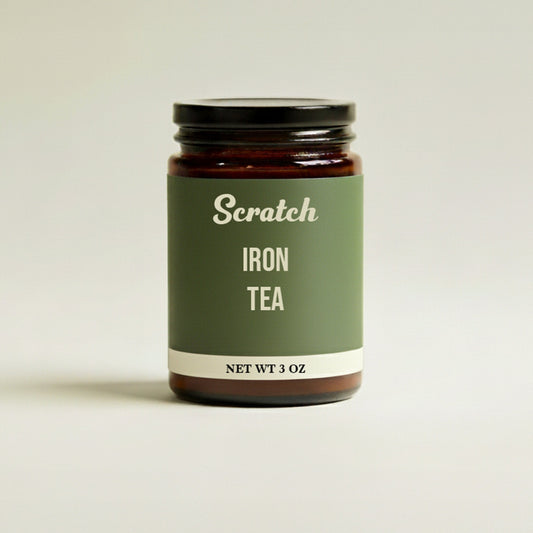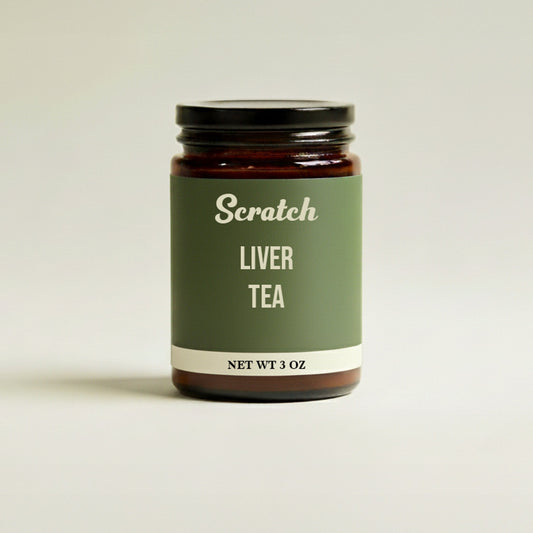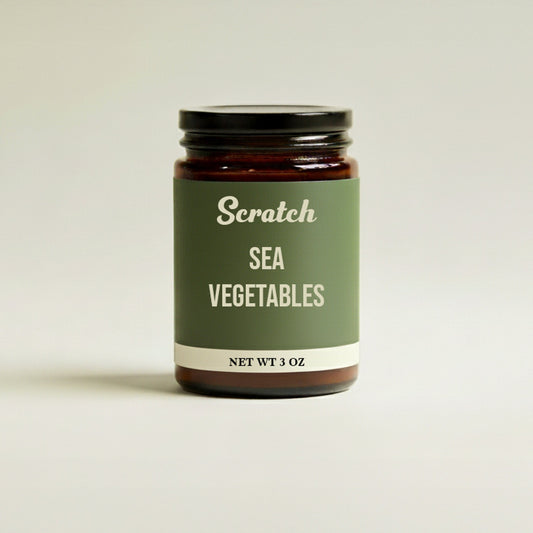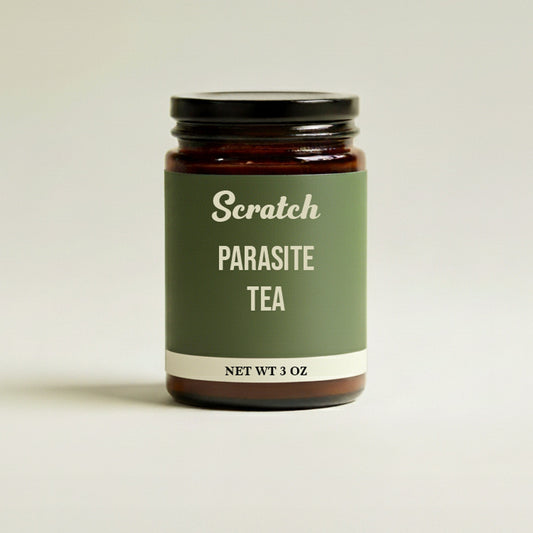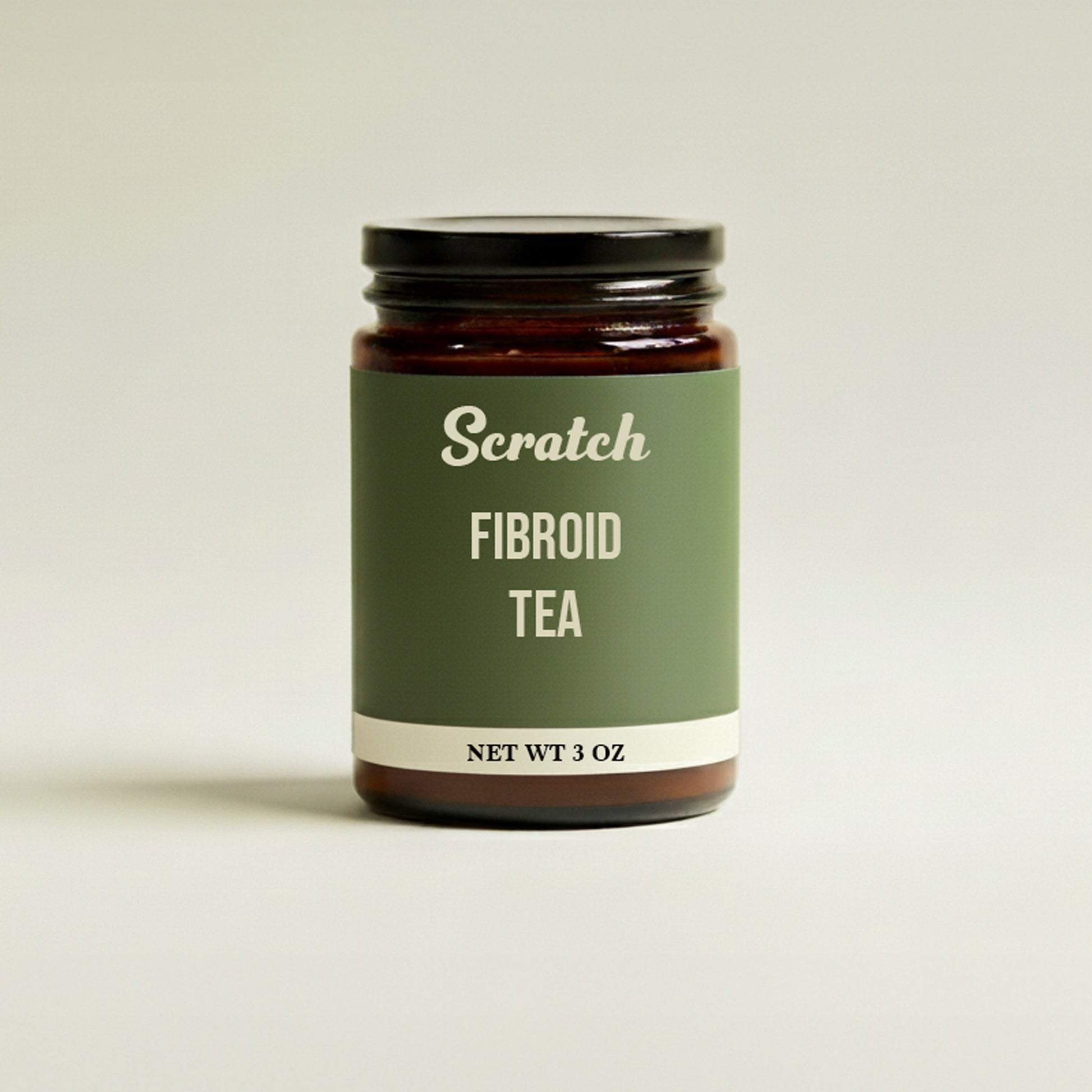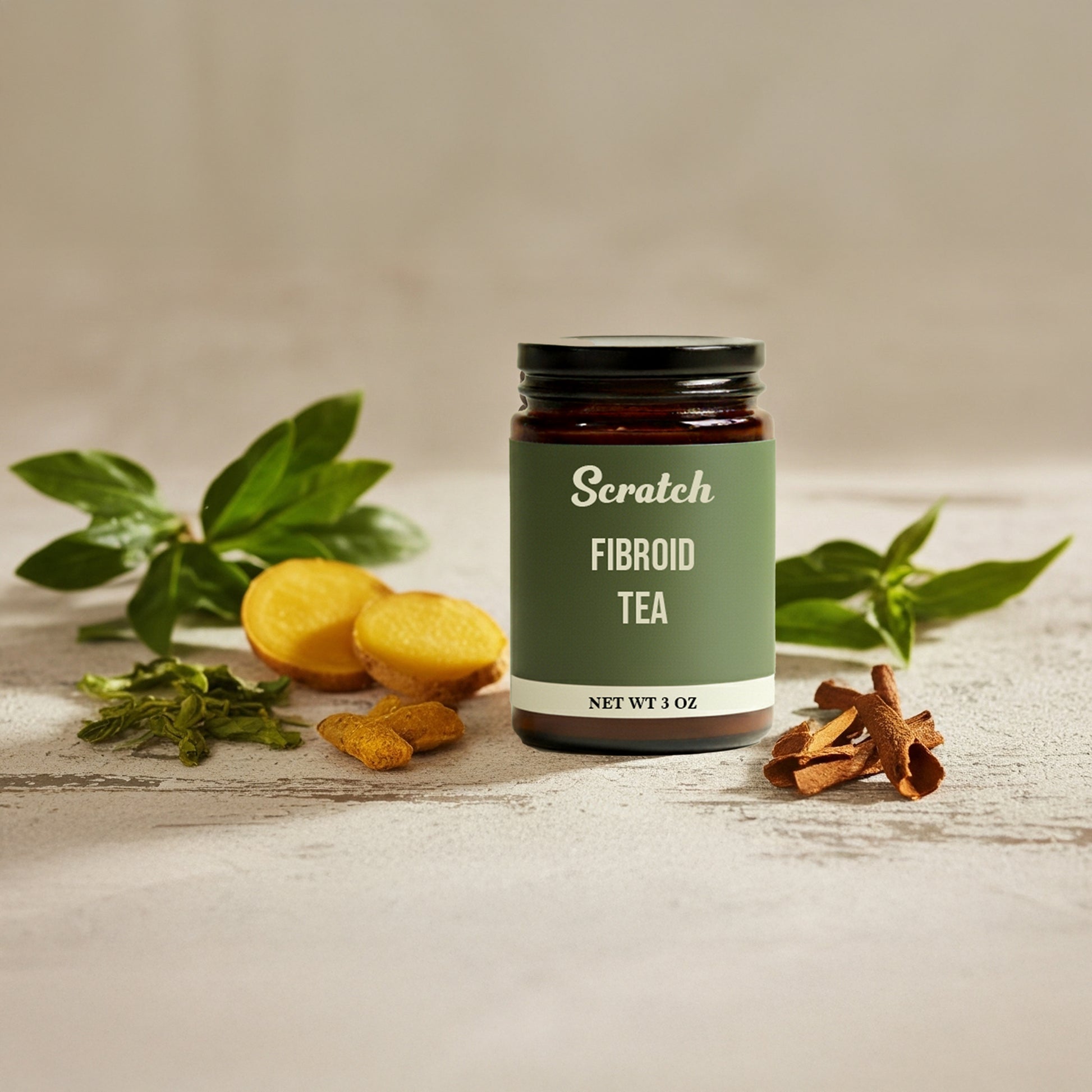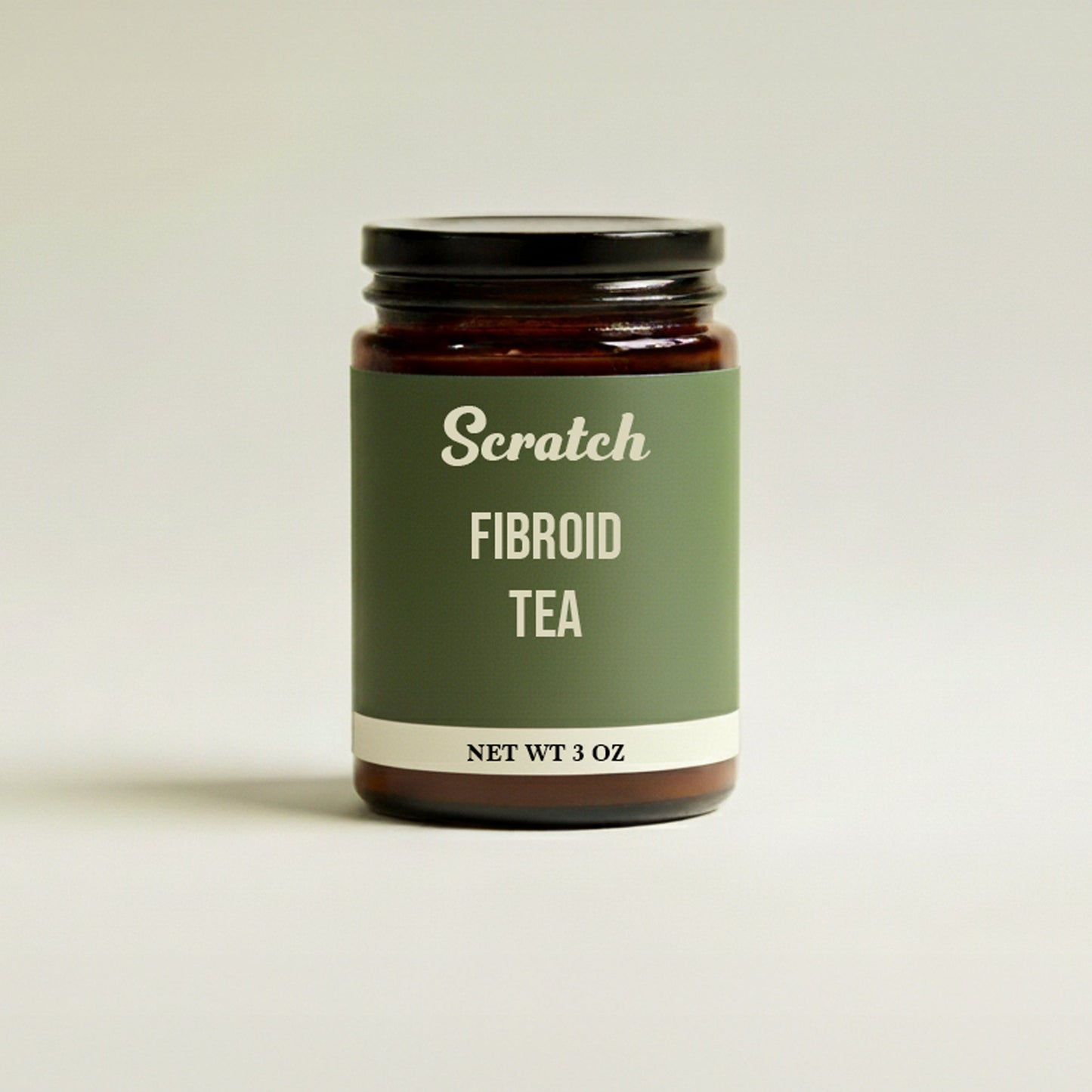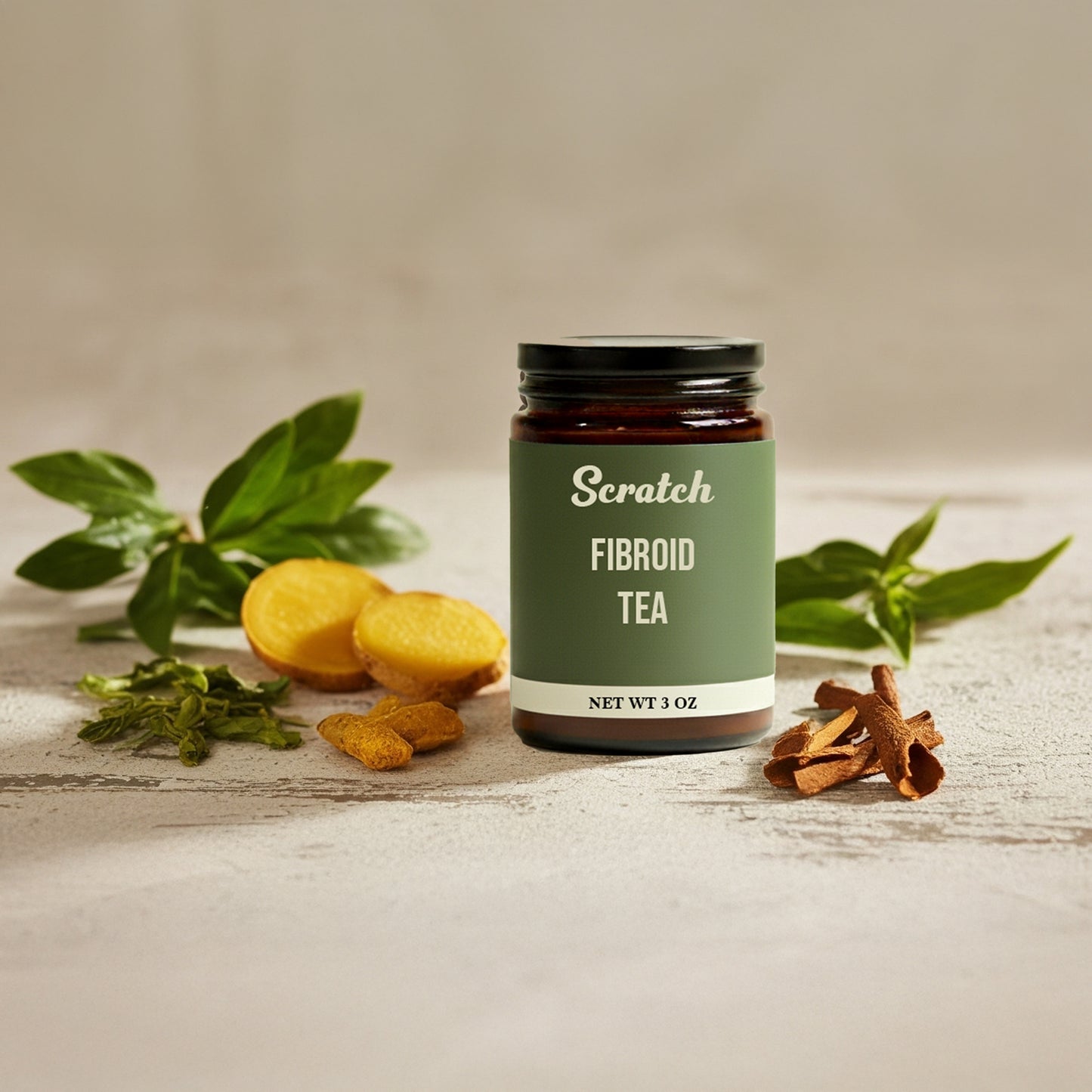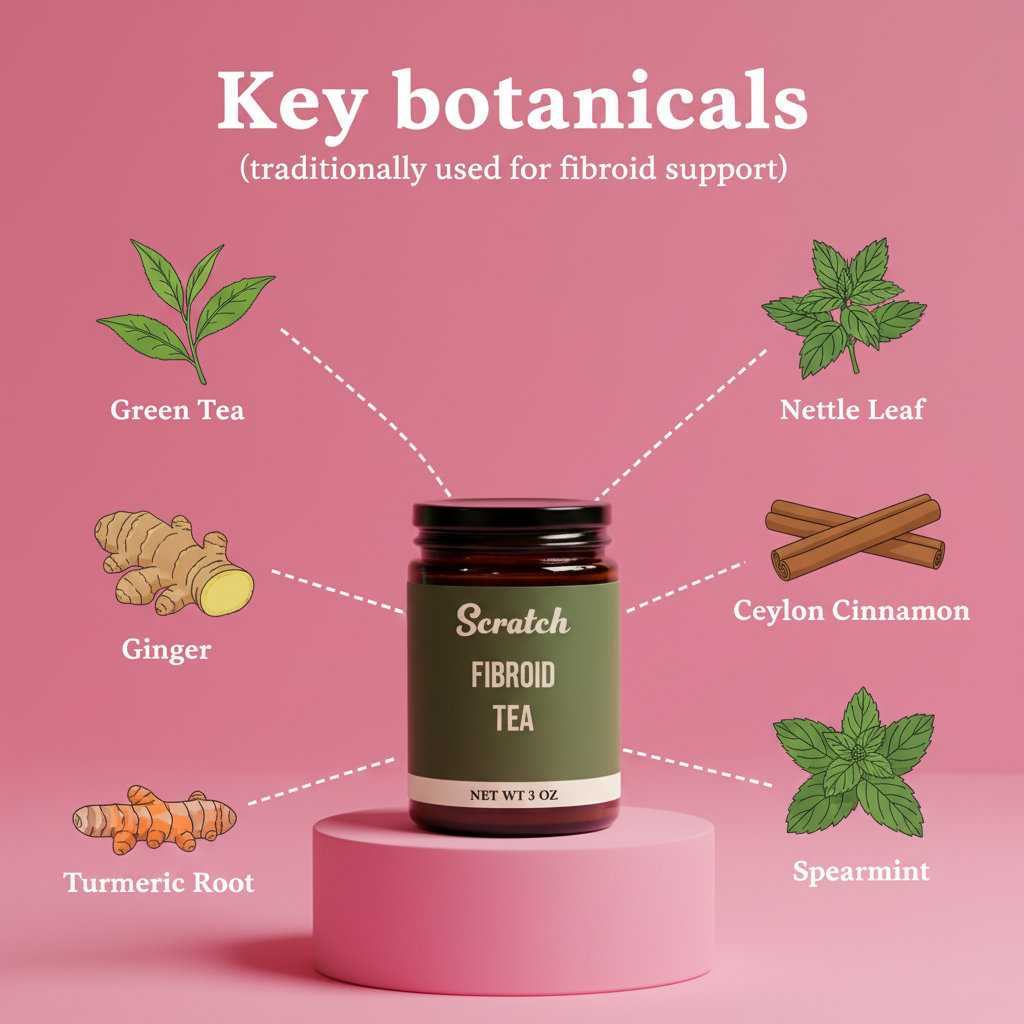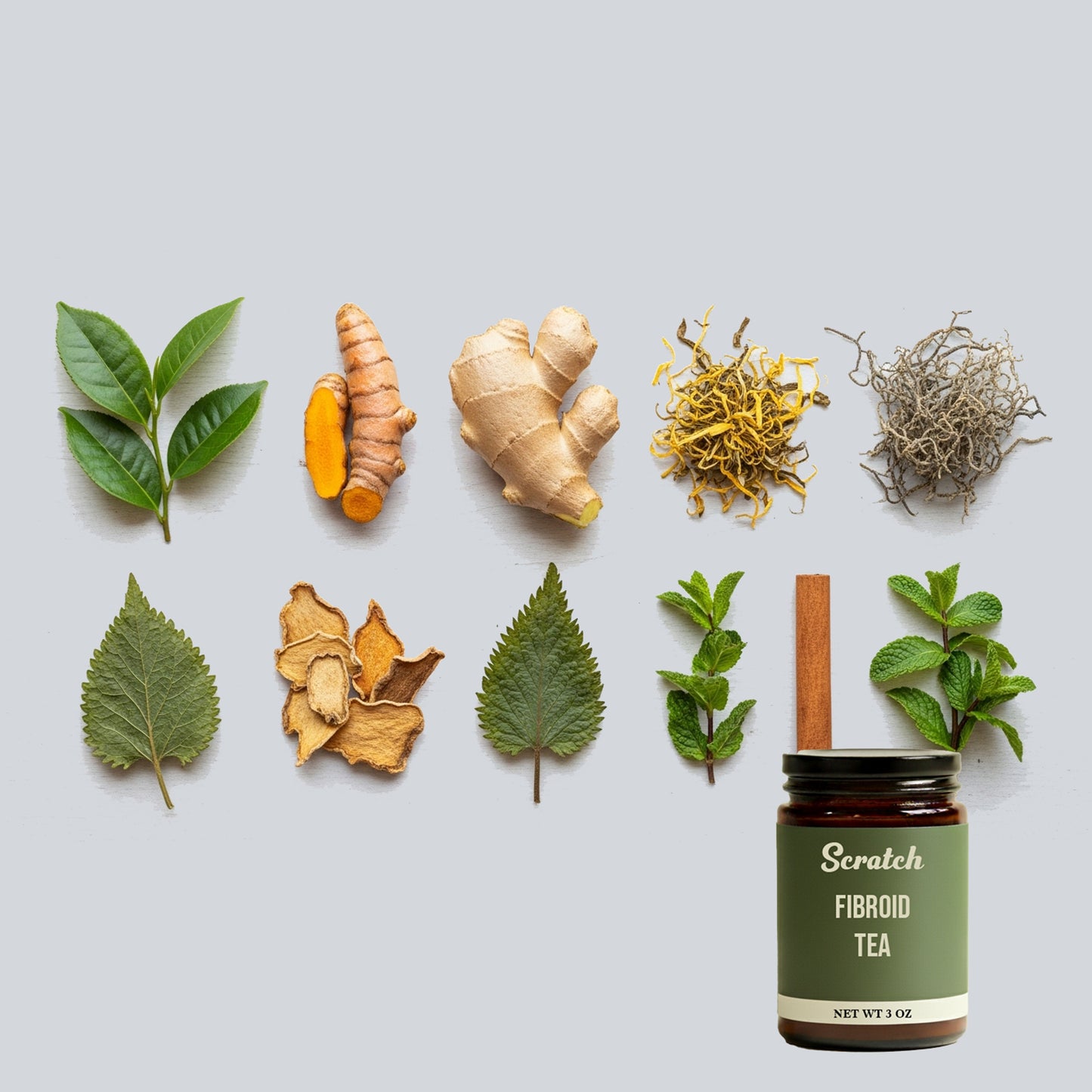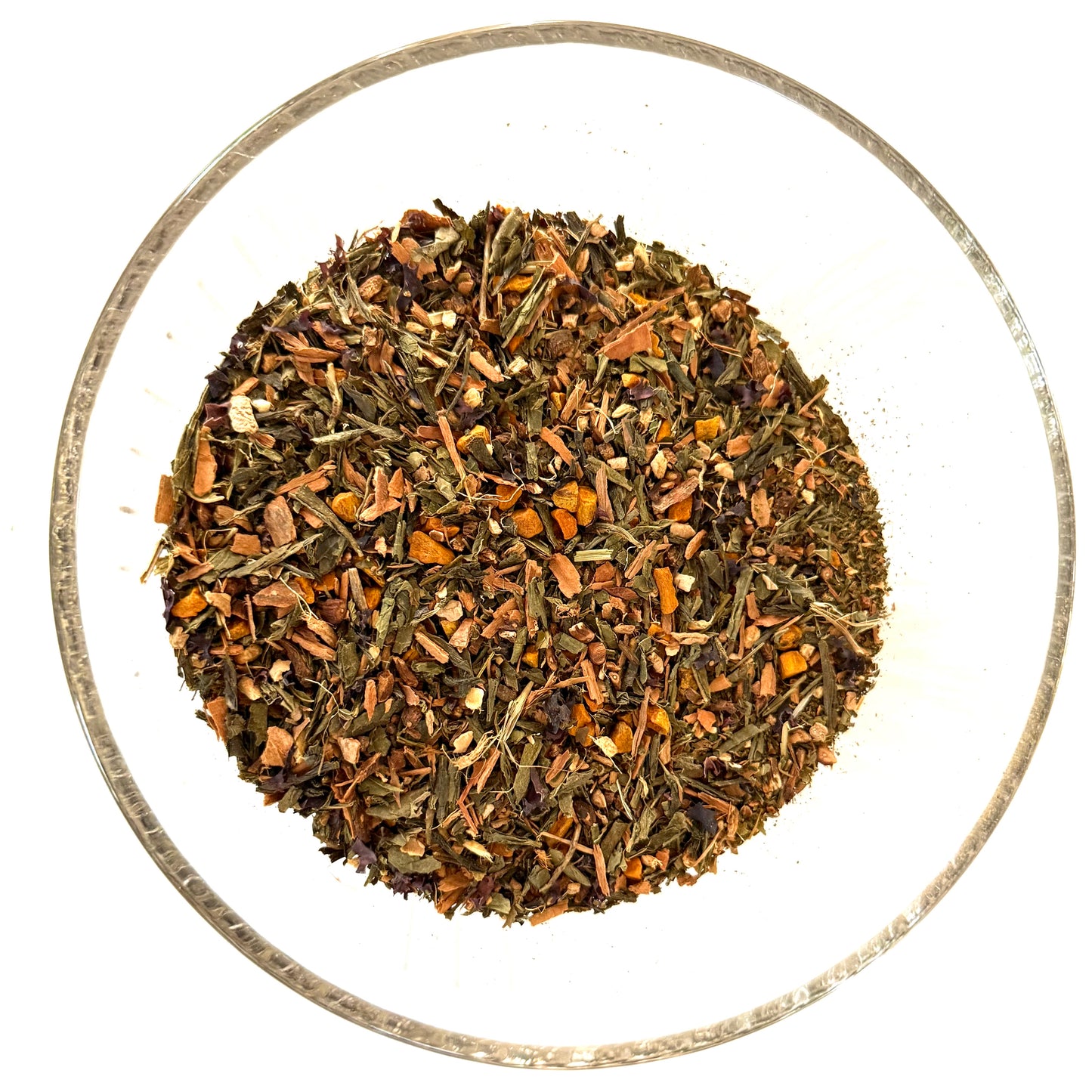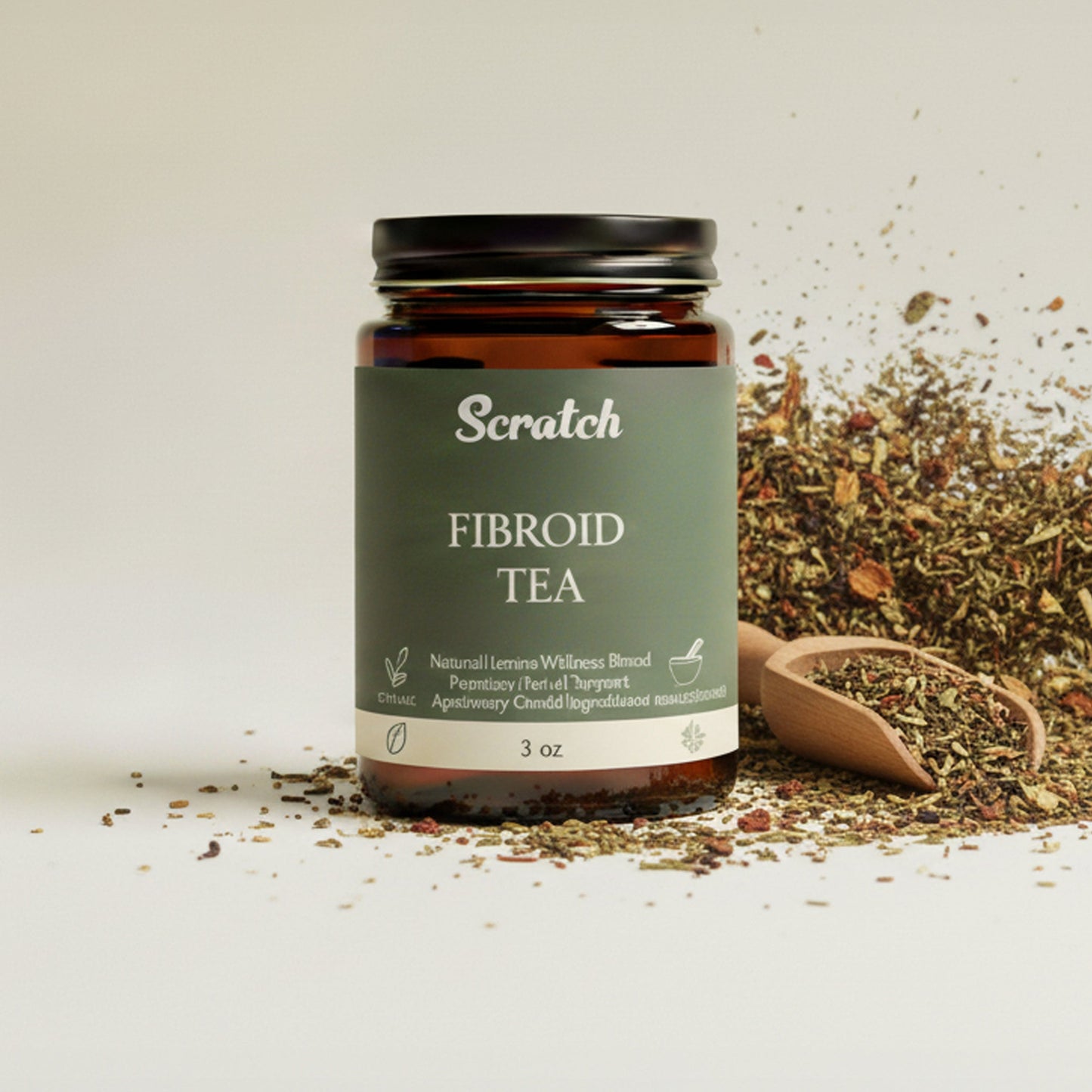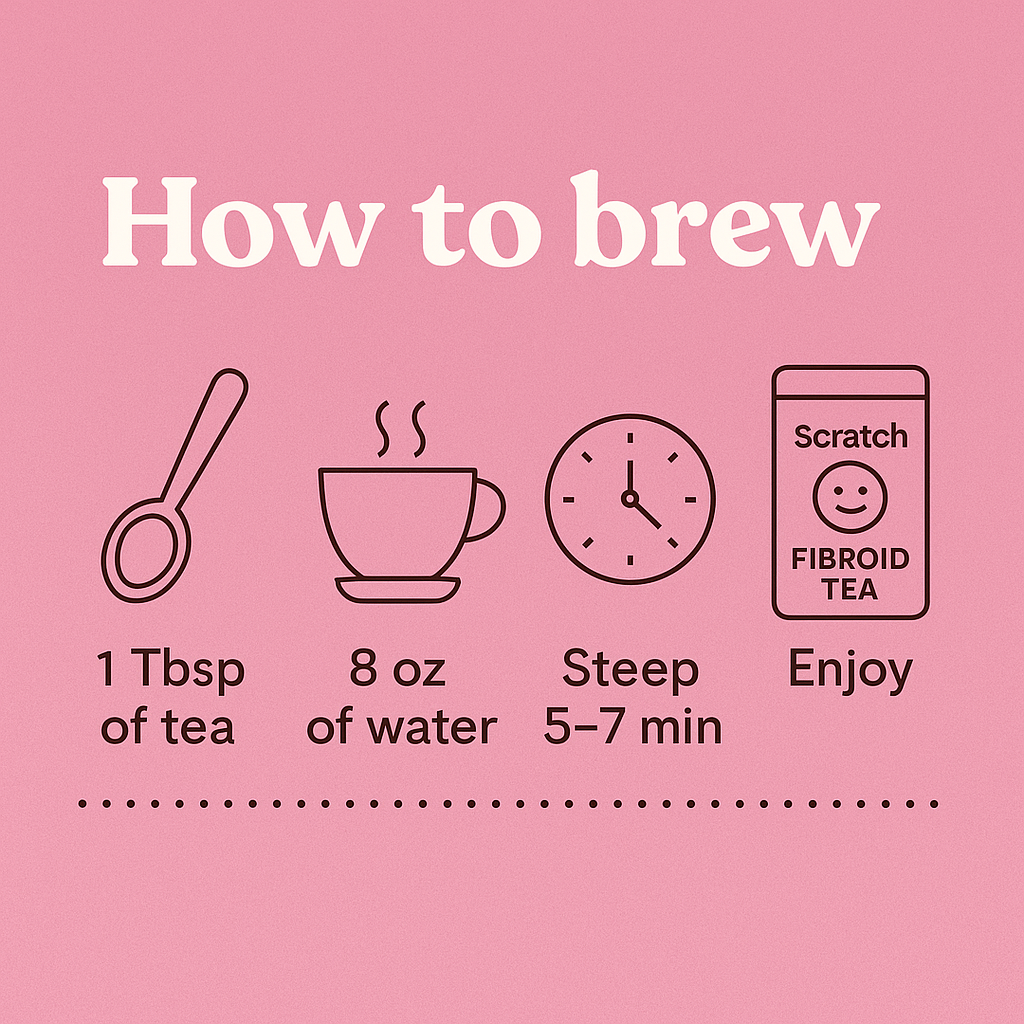Searches for natural remedies to improve fertility or shrink uterine fibroids often turn up a trendy product: yoni pearls (also marketed as vaginal detox pearls). Promoters claim these small mesh-wrapped herbal balls cleanse the uterus, remove “toxins,” treat infections, enhance fertility, and even dissolve fibroids. As appealing as these promises sound, they are not supported by credible medical evidence—and some uses can be harmful. Here’s what to know, based on guidance from leading medical organizations and public health agencies.
Quick takeaways
- No reliable clinical evidence shows that yoni pearls improve fertility or shrink fibroids.
- Inserting herbal products into the vagina can disrupt the normal microbiome and increase risks of irritation, infection, and other complications.
- Fibroid care and fertility planning should be guided by an ob-gyn or fertility specialist using evidence-based options.
What are yoni pearls?
Yoni pearls are over-the-counter herbal products designed to be inserted into the vagina, often for 24–72 hours. Ingredient lists vary, but commonly include plant materials such as motherwort, angelica, borneol, or rhubarb in a gauze-like packet. Marketers suggest the product will draw out discharge or tissue—a process they describe as detoxification. In reality, any visible shedding is more likely irritation and sloughing of vaginal cells rather than removal of toxins or fibroids.
Do yoni pearls help with fibroids?
There is no scientific evidence that yoni pearls treat, shrink, or prevent uterine fibroids. Fibroids (also called leiomyomas) are benign muscle tumors of the uterus. Their growth is influenced by hormones (estrogen and progesterone) and genetics, not by vaginal “toxins.” Major medical organizations, including the American College of Obstetricians and Gynecologists (ACOG), provide evidence-based guidance for fibroids and do not list vaginal detox pearls as a treatment option.
Evidence-based fibroid management options include:
- Watchful waiting if symptoms are mild.
- Medications to manage heavy bleeding and pain (e.g., hormonal contraceptives, tranexamic acid; and for some, short-term use of gonadotropin-releasing hormone [GnRH] agonists/antagonists).
- Procedures or surgery when needed, such as myomectomy (surgical removal of fibroids). Some procedures like uterine artery embolization may affect future fertility and require specialist counseling.
If your goal is future pregnancy, discuss how fibroid size and location affect fertility with your clinician. Submucosal fibroids (those bulging into the uterine cavity) are most likely to impair implantation and increase miscarriage risk; subserosal fibroids (on the outer surface) rarely affect fertility. These nuances are important—and not something any over-the-counter vaginal product can address.
Do yoni pearls improve fertility?
No high-quality studies show that yoni pearls improve fertility. Fertility is influenced by many factors: egg quality and quantity, ovulation, tubal patency, uterine health (including fibroids and polyps), sperm factors, and age. When there is a uterine factor reducing fertility—such as a cavity-distorting fibroid—the data-supported intervention is to correct the structural issue (for example, via myomectomy when indicated), not to use intravaginal herbs.
Potential risks and side effects
The vagina is self-cleaning and has a delicate microbiome dominated by lactobacilli that help maintain a healthy acidic environment. Introducing foreign objects or herbs can disturb that balance and irritate the tissues. Potential risks include:
- Irritation, allergic reactions, or chemical burns from herbal compounds.
- Disruption of the vaginal microbiome, which can increase the risk of bacterial vaginosis (BV) and other infections.
- Retention of the product, leading to foul discharge, pain, or—in rare cases—more serious infections.
- Delayed medical care if a person relies on pearls instead of seeking evaluation for bleeding, pelvic pain, or infertility.
Public health guidance also discourages intravaginal cleansing products and douching because these practices are linked with higher rates of BV and other complications.
What do regulators and professional societies say?
- No FDA approval: Yoni pearls are sold as supplements or cosmetic-type products; they are not FDA-approved to diagnose, treat, cure, or prevent any disease. Products that claim to treat fibroids or infertility without FDA approval are considered unproven, and such claims may be illegal.
- ACOG guidance: ACOG advises against intravaginal products marketed as cleansers or detoxes and emphasizes evidence-based care for uterine fibroids based on symptoms, size, and reproductive goals.
- CDC on vaginal health: The CDC warns that practices like douching disrupt normal vaginal flora and are associated with bacterial vaginosis—a risk that extends to other intravaginal “cleansing” practices.
How to approach fibroids and fertility safely
If you suspect fibroids or have symptoms such as heavy menstrual bleeding, pelvic pressure, frequent urination, painful periods, or difficulty conceiving, consider the following steps:
- Get evaluated: An ob-gyn can assess symptoms and perform a pelvic exam and ultrasound. Additional imaging (e.g., saline infusion sonography or MRI) may be recommended when treatment is being considered.
- Discuss your goals: Treatment choices should reflect whether you want to preserve fertility, the severity of symptoms, and the number, size, and location of fibroids.
- Consider evidence-based options: For fertility, myomectomy can improve outcomes when fibroids distort the uterine cavity or are large and intramural. Medical therapies can reduce bleeding or shrink fibroids temporarily but are usually not used as standalone fertility treatments.
- Support overall reproductive health: Maintain a healthy weight, avoid tobacco, manage chronic conditions, and optimize timing of intercourse or assisted reproductive treatments as advised by your clinician.
Common myths—debunked
- “Discharge after using pearls proves they worked.” The discharge is typically irritated tissue and mucus—not toxins or fibroids. Fibroids are solid muscle tumors inside the uterus; they do not exit through the vagina due to an herbal product.
- “Natural means safe.” “Natural” products can still cause burns, allergic reactions, and infections. Safety depends on evidence and regulation, not simply on being plant-based.
- “If there’s no prescription needed, it must be harmless.” Over-the-counter status does not guarantee safety or effectiveness for medical claims. The absence of FDA approval for treating fibroids or infertility is a red flag.
When to seek urgent care
Contact a clinician promptly if you experience fever, foul-smelling discharge, severe pelvic pain, rash or burning after using any intravaginal product, or if a foreign object becomes difficult to remove.
The bottom line
There is no clinical evidence that yoni pearls improve fertility or shrink fibroids. They can irritate the vagina and disrupt its microbiome, potentially leading to infections or other complications. If you’re navigating fibroids or fertility concerns, partner with an ob-gyn or fertility specialist to create a plan grounded in proven diagnostics and treatments.
References and reputable resources
- American College of Obstetricians and Gynecologists (ACOG). Uterine Fibroids: FAQ and treatment options: https://www.acog.org/womens-health/faqs/uterine-fibroids
- NIH MedlinePlus. Uterine Fibroids overview: https://medlineplus.gov/uterinefibroids.html
- ASRM (American Society for Reproductive Medicine). Myomas (fibroids) and fertility patient fact sheet: https://www.reproductivefacts.org/.../myomas-fibroids-and-fertility/
- CDC. Bacterial Vaginosis – risk factors and the impact of douching: https://www.cdc.gov/std/bv/stdfact-bacterial-vaginosis.htm
- FDA. Dietary supplements and health fraud information (unapproved products making disease claims): https://www.fda.gov/consumers/health-fraud-scams and https://www.fda.gov/food/dietary-supplements

